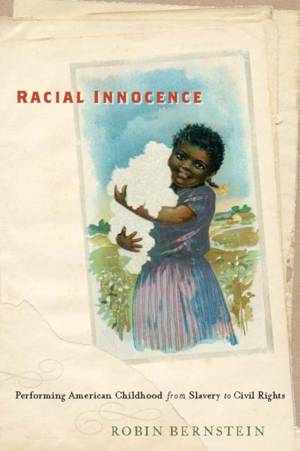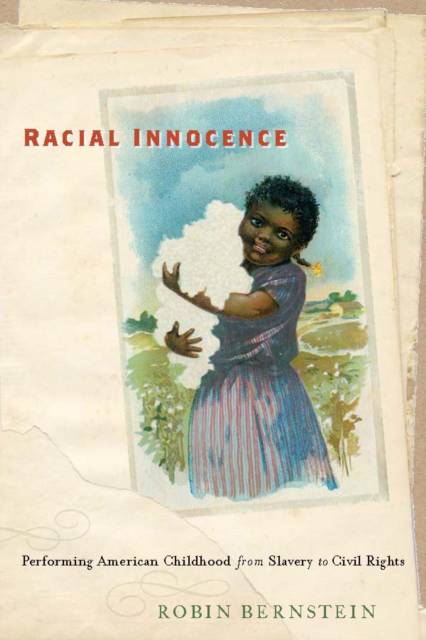
En raison d'une grêve chez bpost, votre commande pourrait être retardée. Vous avez besoin d’un livre rapidement ? Nos magasins vous accueillent à bras ouverts !
- Retrait gratuit dans votre magasin Club
- 7.000.000 titres dans notre catalogue
- Payer en toute sécurité
- Toujours un magasin près de chez vous
En raison de la grêve chez bpost, votre commande pourrait être retardée. Vous avez besoin d’un livre rapidement ? Nos magasins vous accueillent à bras ouverts !
- Retrait gratuit dans votre magasin Club
- 7.000.0000 titres dans notre catalogue
- Payer en toute sécurité
- Toujours un magasin près de chez vous
150,95 €
+ 301 points
Format
Description
2013 Book Award Winner from the International Research Society in Children's Literature
2012 Outstanding Book Award Winner from the Association for Theatre in Higher Education
2012 Winner of the Lois P. Rudnick Book Prize presented by the New England American Studies Association
2012 Runner-Up, John Hope Franklin Publication Prize presented by the American Studies Association
2012 Honorable Mention, Distinguished Book Award presented by the Society for the Study of American Women Writers
Dissects how "innocence" became the exclusive province of white children, covering slavery to the Civil Rights era
Spécifications
Parties prenantes
- Auteur(s) :
- Editeur:
Contenu
- Nombre de pages :
- 318
- Langue:
- Anglais
- Collection :
- Tome:
- n° 16
Caractéristiques
- EAN:
- 9780814787076
- Date de parution :
- 01-12-11
- Format:
- Livre relié
- Format numérique:
- Genaaid
- Dimensions :
- 157 mm x 231 mm
- Poids :
- 793 g

Les avis
Nous publions uniquement les avis qui respectent les conditions requises. Consultez nos conditions pour les avis.






